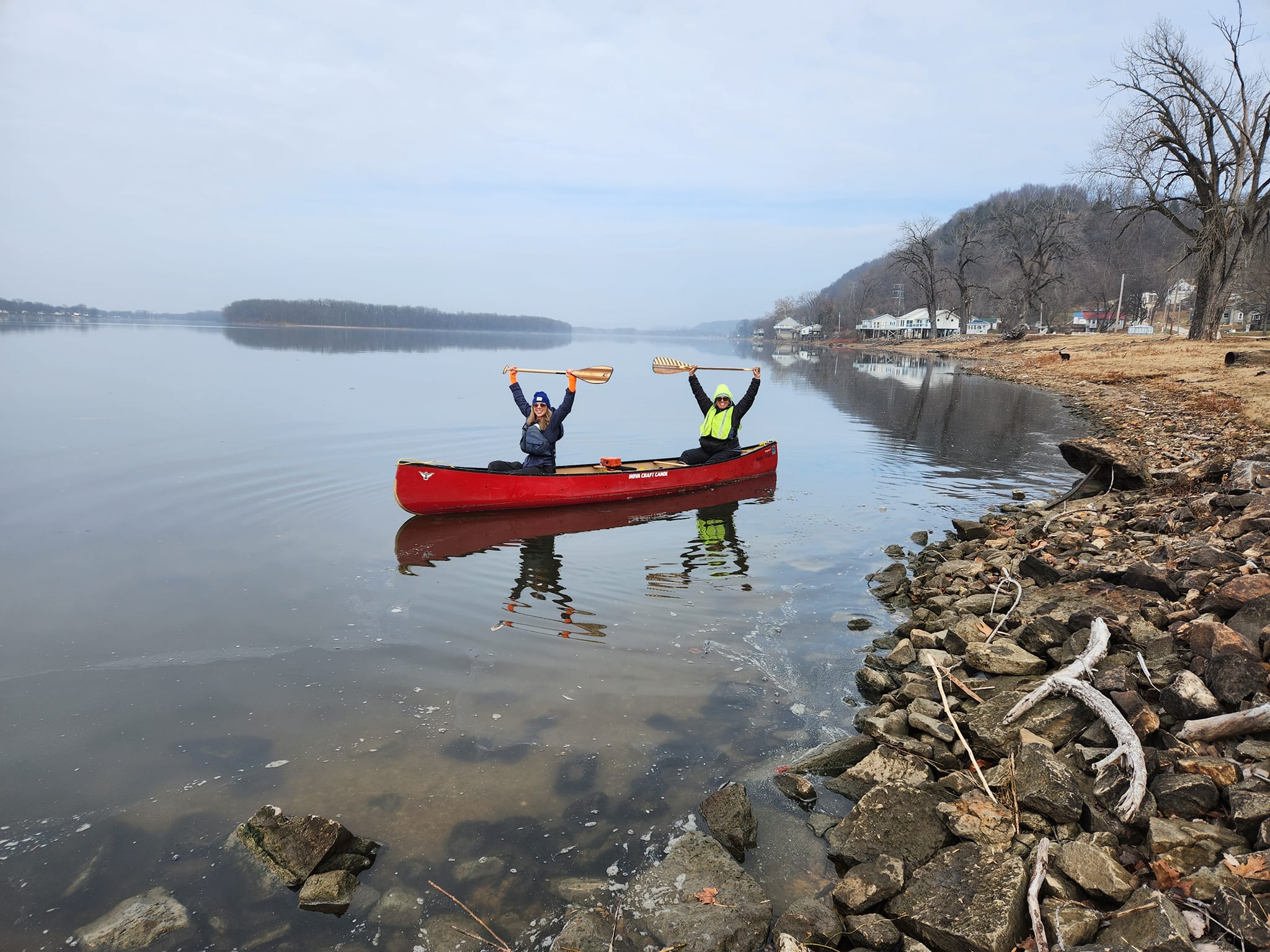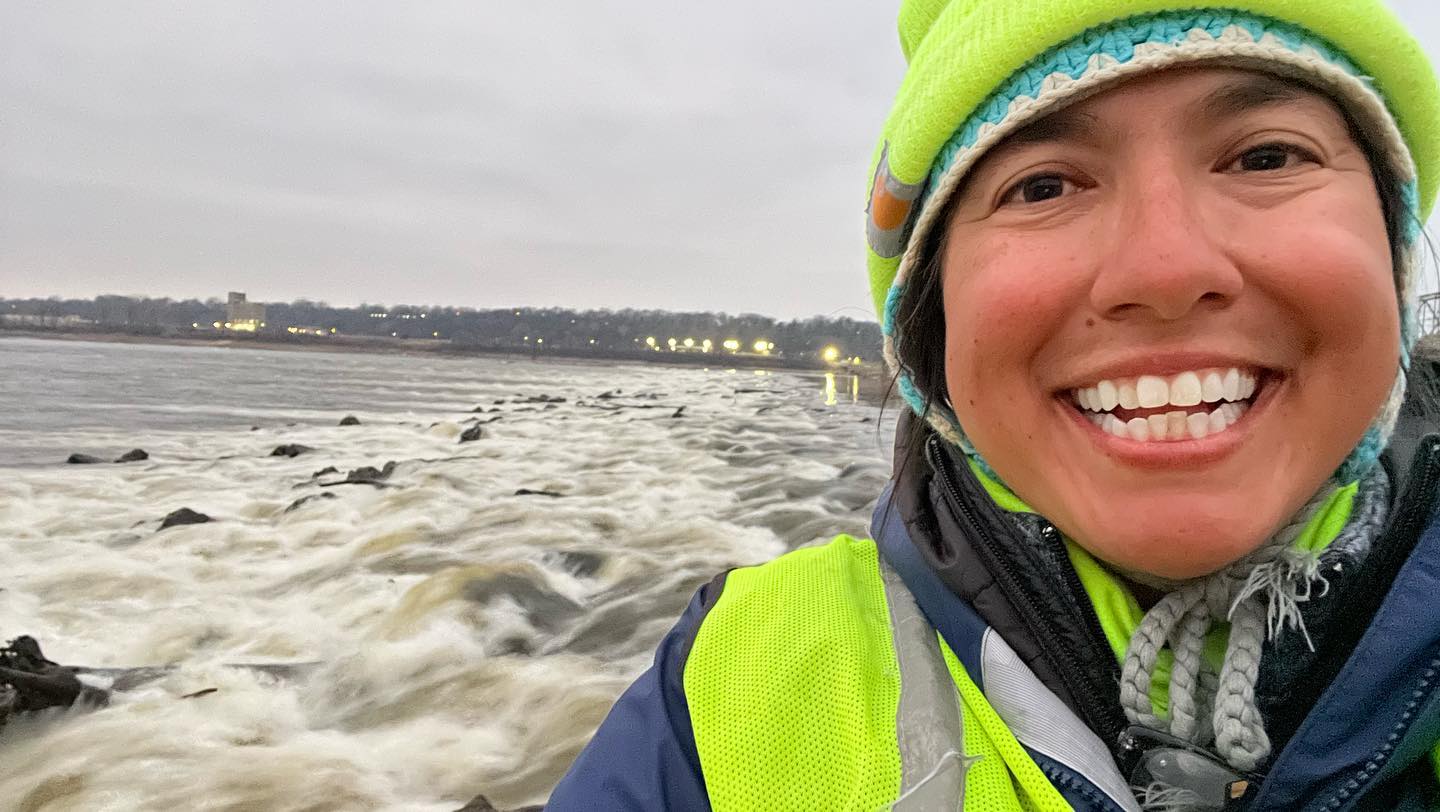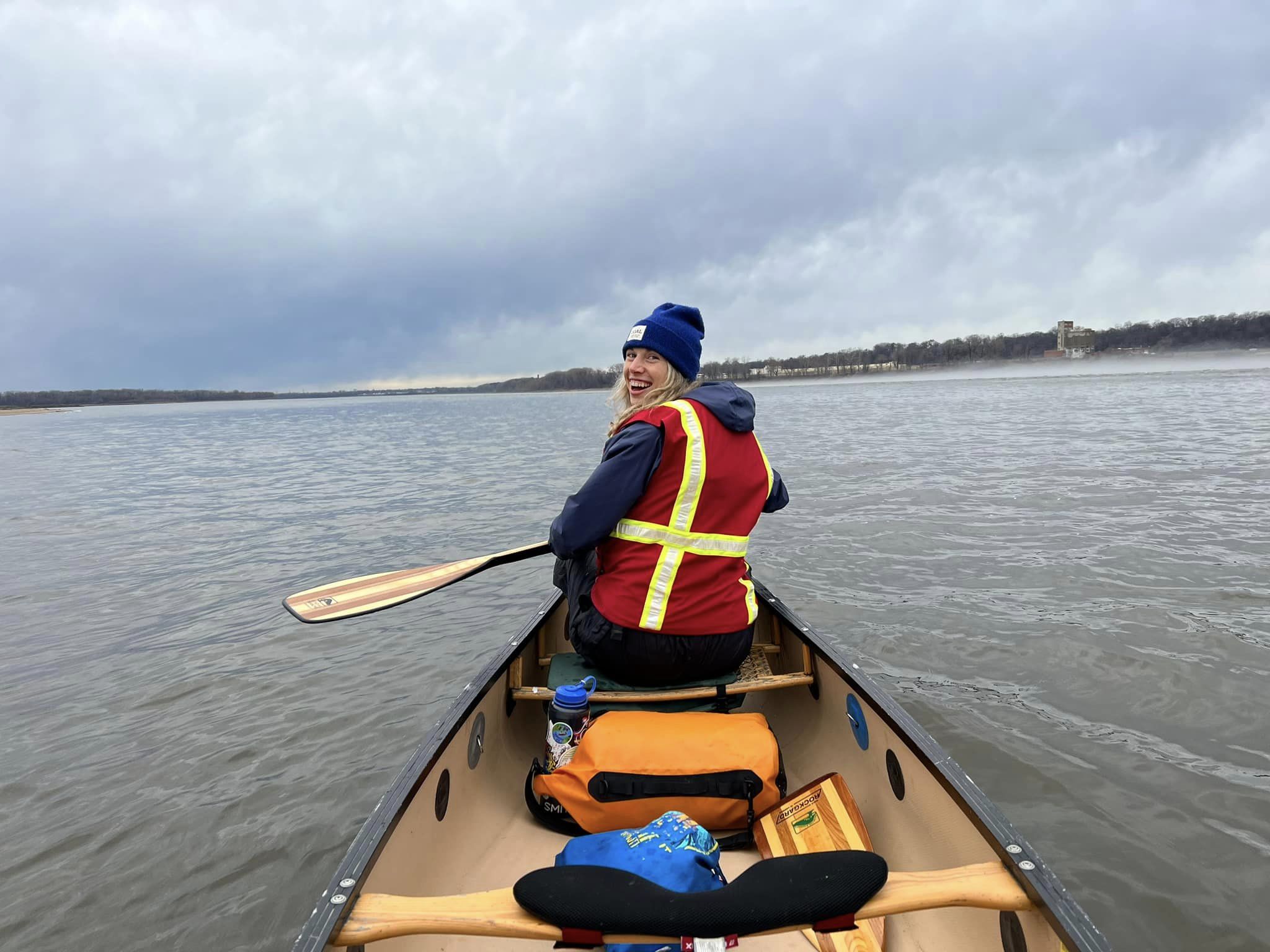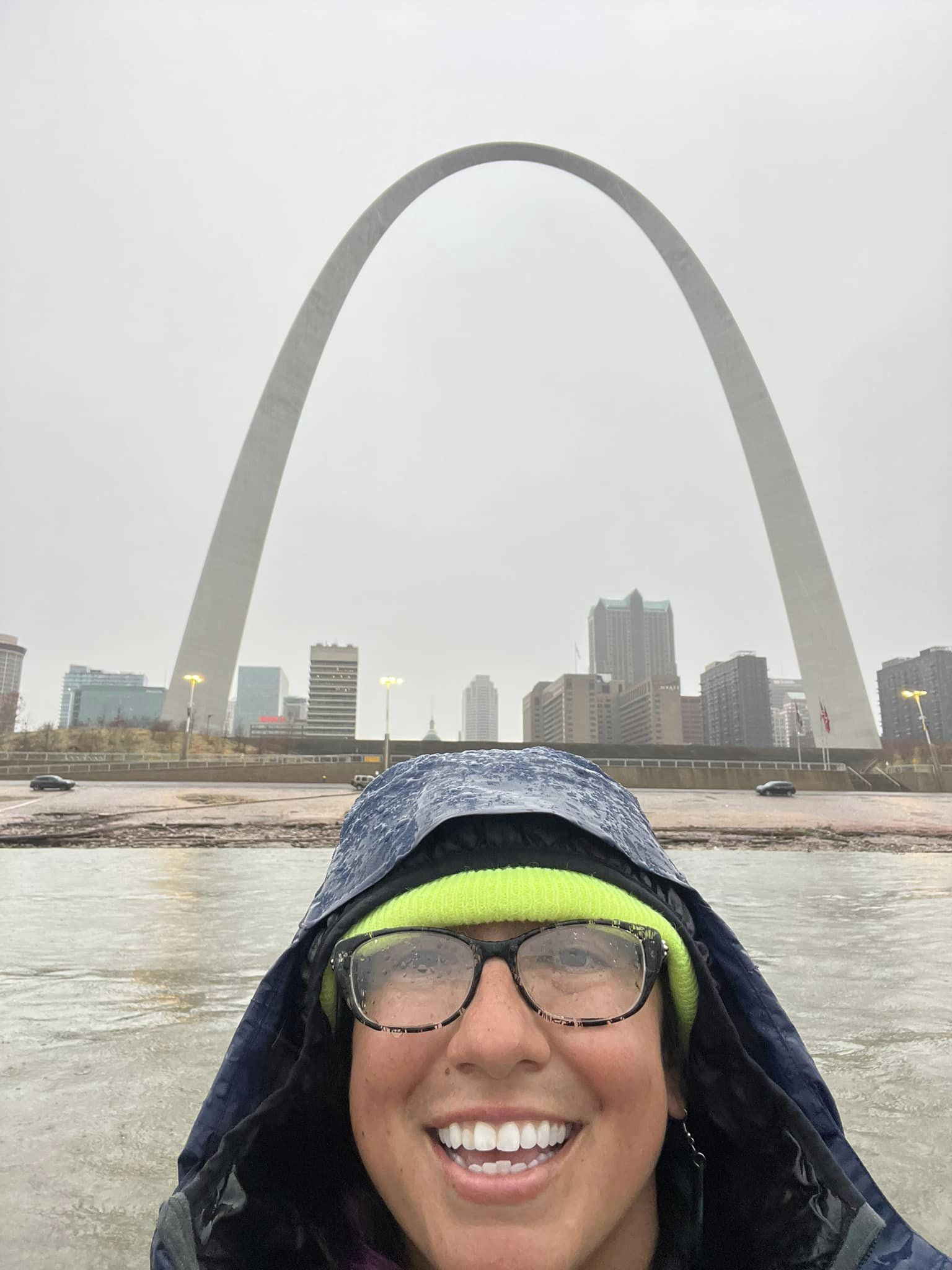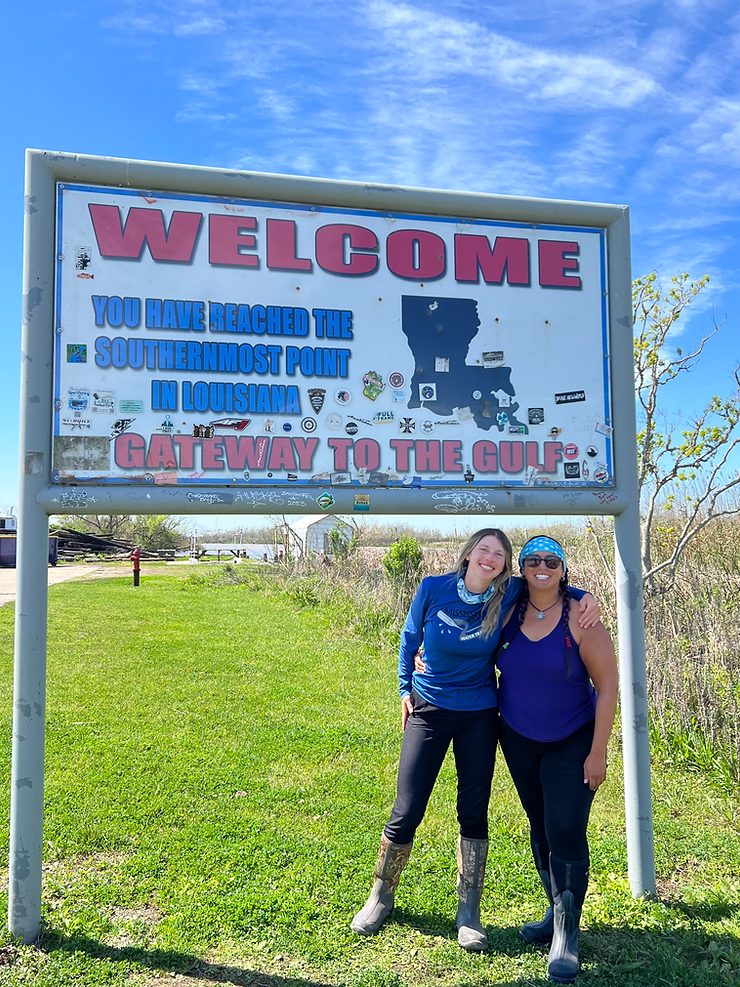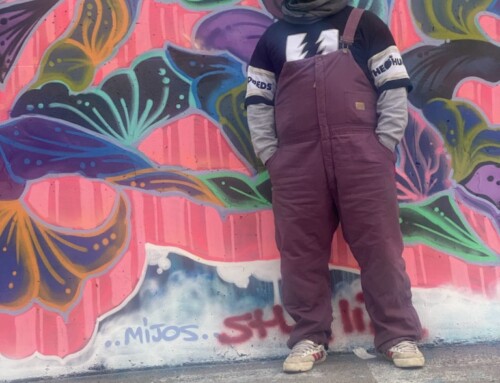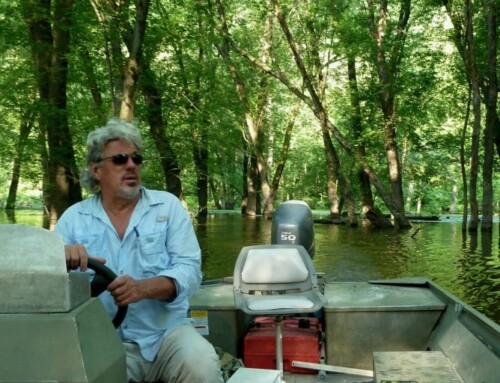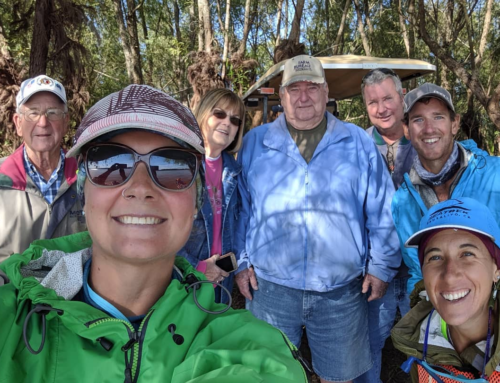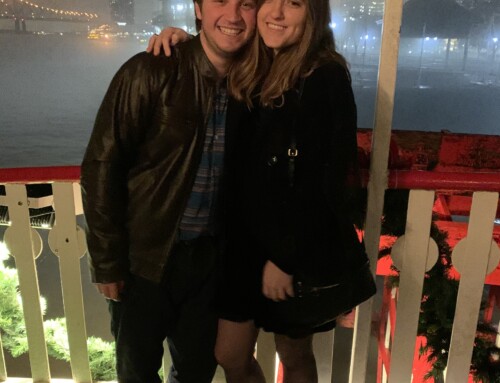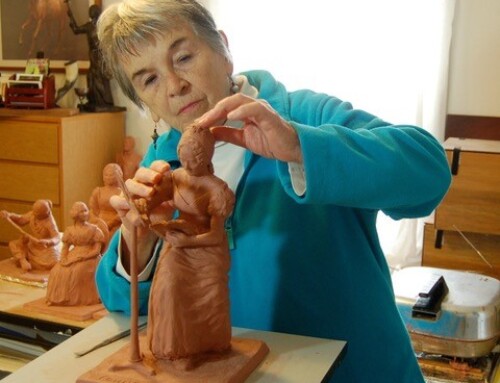Every year, a few dozen people push off from Lake Itasca and paddle their way toward the Gulf of Mexico. As a group, the paddlers skew young and male and white. Cory Maria Dack is one of the exceptions. While Cory grew up in Duluth, Minnesota, she was born to an indigenous Ecuadoran mother. As a child, she wasn’t much of an outdoorsy person. Her family didn’t have the money to travel to national parks or send her to summer camps. It wasn’t until college that she had her first significant experiences with the outdoors, when she began working as a counselor at a summer camp in Minnesota’s Arrowhead region. Once she got a taste of working in the outdoors and helping others get comfortable with it, she was hooked. For sixteen years she has worked as a guide in places from northern Minnesota to Yellowstone National Park to Costa Rica and Ecuador.
In 2018, she guided college students down the Mississippi River as part of Augsburg University’s River Semester program. Those 100 days on the river sparked dreams of exploring the entire river herself, of paddling it from north to south. “It was an idea that took seed,” she said, “and I nurtured it as I did other things, and the idea just kept growing and growing until I felt like I wanted to go.”
In 2022, that dream became a reality. “I talk about my life as a river, and I feel like that’s my river flow. I feel like my river has just very slowly and naturally flowed to this type of trip.”
On August 21, she and her friend Espoir pushed into the Mississippi River from Lake Itasca and began the 2,500-mile paddle to the Gulf of Mexico. The early days of the paddle made a deep impression on her. “The Mississippi in her infancy, she’s so pristine, and she’s so gentle, she’s so beautiful. She’s fragile and powerful at the same time. And you want to protect her, but she’ll also kick your ass at the same time.”
Espoir exited the trip at the Quad Cities, and Sarah Lent joined Cory at Hannibal for the rest of the paddle to the Gulf. Sarah was an adventurous child—she was one of the kids you’d find climbing a tree or over rocks—but she didn’t really get hooked on the outdoors until she got older. And then she really got hooked. She’s worked as a kayak guide in Alaska and served with AmeriCorps at Glacier National Park. She had just been laid off from a job in 2022 when she found out that Cory was looking for someone to take Espoir’s place in the canoe. She reached out to Cory right away.
Cory, Espoir, and Sarah have faced their share of challenges paddling down the Mississippi. Progress was slower than Cory had hoped, and the trip continued into the early days of winter. All along, Cory had feared paddling on the Mississippi in winter. But she and Sarah adapted. They got plenty of help from river angels along the way and upgraded their gear to help them cope with the cold.
As they made their way south, they discovered a remarkable group of people who live along the Mississippi. “What we’ve had each night,” Sarah said, “and each day is just community along the river. It’s getting to meet different river angels and people that have taken us in and shared their stories of… why they love the river.” They were touched by the number of strangers willing to help them out, people who cared deeply for the Mississippi. “What I’ve learned is how much love there is for the river,” Sarah said.
But a few people judged their fitness for a long-distance paddle and their outdoor skills on assumptions based on their gender or skin color and not on their experience and skills. They heard patronizing comments that contrasted sharply with the encouragement the same people had made to the white male paddlers who were right behind them or to male paddlers with far less experience. Those comments just reinforced their resolve to push on.
“I want people of color to feel safe on the water,” Cory said, “to feel welcome on the water. And I want them to see themselves in me.” Cory is doing just that, a living example of a woman of color facing all that the river has to offer, getting a helping hand and coping with the occasional prejudices, and pushing on to finish an epic journey.
As they progressed south from St. Louis after we talked, winter threw Cory and Sarah a few curves. They had to get off the river a couple of times when the weather got too dangerous to continue. But in February 2023, they got back in their canoe and on a glorious day a few weeks later, on March 5, their canoe flowed from the freshwaters of the Mississippi into the salty Gulf of Mexico.
